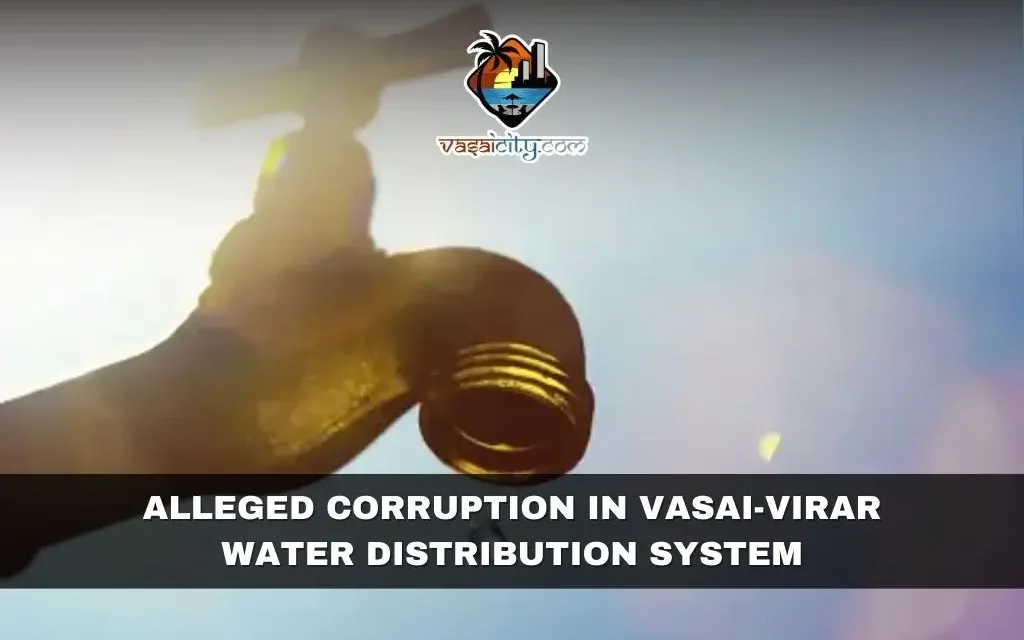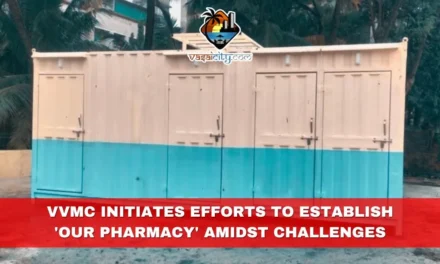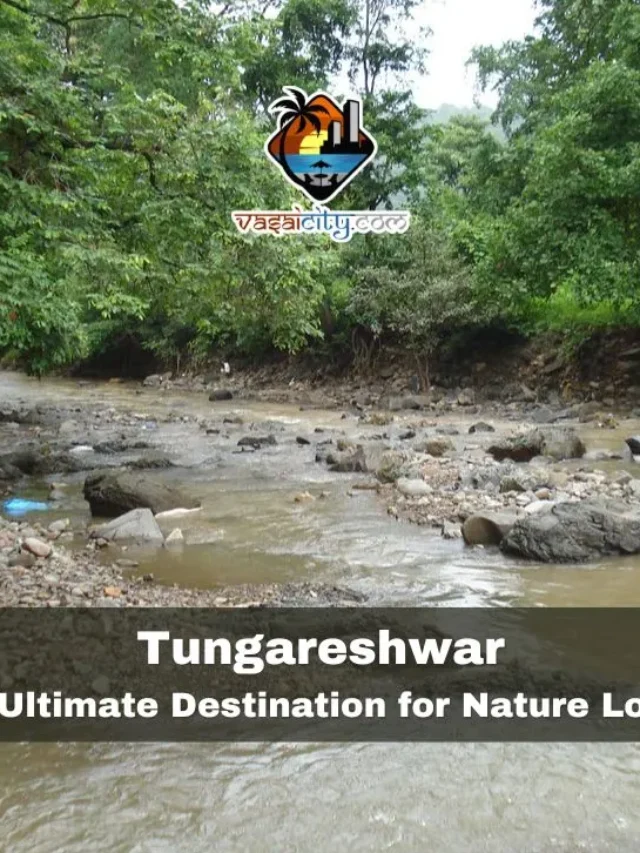The Vasai-Virar region, located in Palghar district, receives approximately 330 million liters of water daily (MLD) from nearby dams. Despite this substantial supply, a significant portion of this water, around 25-30% (90-100 MLD), is reportedly lost due to leakage, according to the Vasai-Virar Municipal Corporation (VVMC). However, environmental researcher Charan Bhat has leveled serious allegations against the municipal corporation, claiming that the reported leakage figures are exaggerated to cover up corruption within the water supply system.
The Claims of Manipulation
Bhat asserts that the actual water leakage is much lower—around 5-10%—and accuses municipal employees of siphoning off the remaining water for private gains. According to him, these employees allegedly take monthly bribes from residential societies and provide additional water supply beyond the official limits. “This malpractice is costing the municipality approximately ₹25 crore annually in lost revenue,” Bhat stated.
He further criticized VVMC’s water supply department for presenting misleading statistics to the public. “Such deceptive practices not only erode trust but also worsen the water crisis faced by residents,” he added.
Rising Population, Persistent Problems
The Vasai-Virar region has seen rapid urbanization and now hosts a population exceeding 2.5 million. Ensuring an adequate water supply for such a large population is a fundamental responsibility of the municipal corporation. However, residents have long struggled with water shortages, often relying on expensive private water tankers to meet their needs.
Bhat pointed out that the water lines provided to residential societies are often narrow, with diameters as small as half an inch. This insufficient infrastructure leaves societies unable to meet their daily water needs, forcing many to pay lakhs of rupees each month for tanker services. “Instead of addressing the root cause, the municipality’s watermen take bribes to release extra water. This practice has become a lucrative business at the expense of citizens,” Bhat alleged.
Call for Transparency and Reform
To address the crisis, Bhat has called for immediate measures, including:
- Water Audits: Conducting regular audits of the water distributed within the municipal limits. Such audits would track daily water distribution and identify discrepancies.
- Public Reporting: Publishing daily water distribution statistics to ensure transparency and accountability.
- Infrastructure Improvement: Providing residential societies with larger-diameter pipelines for an adequate water supply. This would reduce reliance on private tankers and curb opportunities for corruption.
- Community Engagement: Engaging with residents in tribal areas and villages along the Surya Dam pipeline route to address their water needs. Ensuring equitable distribution would minimize grievances and enhance municipal revenue.
“If these measures are implemented, not only will the residents’ water woes be resolved, but the municipal corporation will also witness a significant boost in revenue,” Bhat remarked.
Municipal Response
When contacted, officials from VVMC’s water supply department denied the allegations, stating, “There is no truth to these claims. The reported leakage figures and supply practices are accurate.” Despite the denial, the absence of a transparent water audit leaves many residents skeptical.
The Way Forward
The allegations of corruption and inefficiency within the Vasai-Virar Municipal Corporation highlight the urgent need for systemic reforms. With a growing population and increasing water demand, addressing these challenges is essential for the region’s sustainable development.
For residents, the hope lies in proactive measures by VVMC to ensure fair distribution and eliminate corruption. Until then, the daily struggle for water continues, with many questioning the integrity of the very system meant to serve them.














